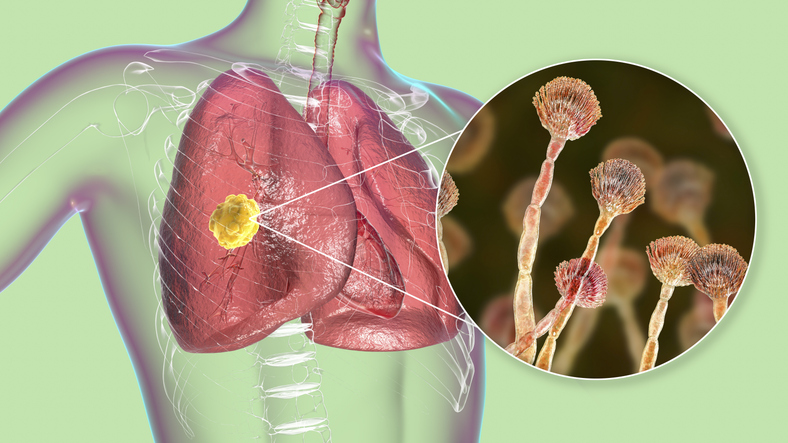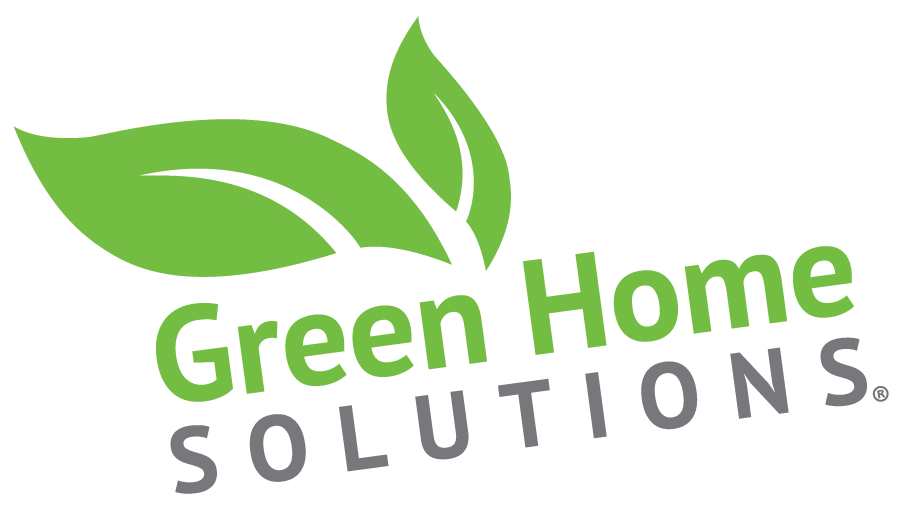Indoor mycotoxins are toxic compounds produced by certain types of mold and fungi that can thrive in damp and poorly ventilated areas of your home. These microscopic toxins pose significant health risks and should be taken seriously. If you have questions or need environmental mycotoxin testing done, please contact us.
Here’s what you need to know about indoor mycotoxins and the harm they can do to your body:
What Are Mycotoxins?
Mycotoxins are harmful chemicals produced by mold species such as Aspergillus, Penicillium, and Stachybotrys (black mold). These toxins can contaminate the air, surfaces, and even food, making them difficult to avoid once mold begins to grow indoors. For more detailed information on mycotoxins, you can visit the World Health Organization (WHO) Mycotoxins Fact Sheet.

Health Risks of Mycotoxins
Respiratory Issues
Inhaling mycotoxins can lead to various respiratory problems, including chronic coughing, wheezing, and throat irritation. For individuals with asthma or other pre-existing respiratory conditions, exposure to mycotoxins can trigger severe asthma attacks and other exacerbations.
Neurological Effects
Prolonged exposure to mycotoxins has been linked to neurological symptoms such as headaches, dizziness, and cognitive impairments. Some people may experience memory loss, difficulty concentrating, and mood swings, severely impacting their daily lives.
Immune System Suppression
Mycotoxins can weaken the immune system, making the body more susceptible to infections and diseases. Individuals with compromised immune systems, such as the elderly or those with chronic illnesses, are at a higher risk of developing serious health complications from mycotoxin exposure.
Skin Irritation
Direct contact with surfaces contaminated by mycotoxins can cause skin irritation, rashes, and other dermatological issues. Sensitive individuals might develop severe allergic reactions that require medical attention.
Long-term Health Consequences
Chronic exposure to mycotoxins can lead to more severe long-term health problems, including liver damage, kidney damage, and an increased risk of certain cancers. These long-term effects highlight the importance of addressing mold problems promptly and effectively.
How to Protect Yourself from Mycotoxins
- Control Moisture: Keep your home dry and well-ventilated to prevent mold growth. Use dehumidifiers in damp areas and fix any leaks promptly.
- Regular Cleaning: Clean and disinfect surfaces regularly, especially in areas prone to moisture like bathrooms and kitchens.
- Mold Remediation: If you find mold in your home, seek professional remediation services to ensure it is safely and thoroughly removed.
- Air Quality Testing: Consider indoor air quality testing to detect the presence of mycotoxins and other harmful pollutants.
Understanding the dangers of indoor mycotoxins is crucial for maintaining a healthy living environment. By taking preventive measures and addressing mold issues promptly, you can protect yourself and your family from the harmful effects of these toxic compounds.
